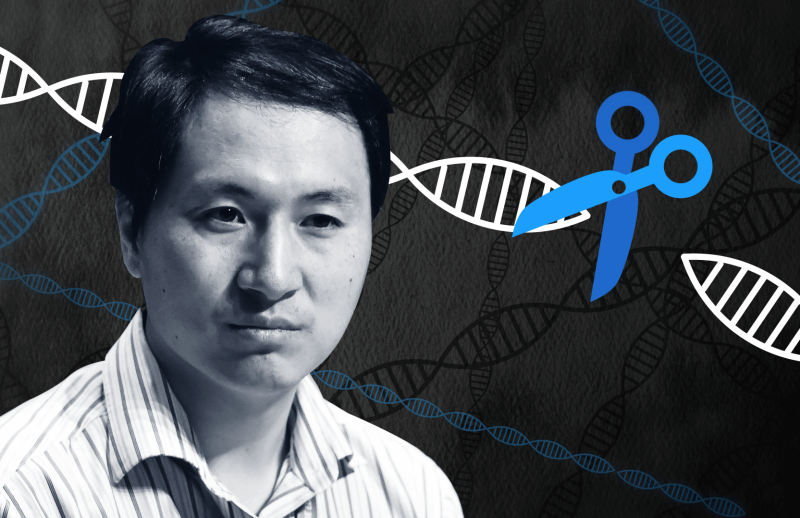In the three months since He Jiankui announced the birth of twin girls with edited genomes, the questions facing the scientific community have grown knottier.
…
What will happen to He — and the children?
He has been criticized, but not just because he pursued germline editing. He also neglected to do adequate safety testing and failed to follow standard procedures in procuring participants. He was subsequently censured by the health ministry in Guangdong, where he worked, and fired from his university.
…
He promised to follow up with the girls until they were 18 years old, but it is unlikely that the health ministry, which ordered He to stop doing science, will allow him to be involved in the evaluations. It is not known what, if any, special measures are being taken to look out for the girls’ health.
…
Where will the next CRISPR babies be born?
Although He’s plans to win support for his project backfired, no one doubts that there will be more mavericks like him. The technique is easy; some of its applications are compelling; and the publicity can be enormous. But where and under what circumstances another gene-edited baby could be conceived is anyone’s guess.
Read full, original post: The CRISPR-baby scandal: what’s next for human gene-editing































